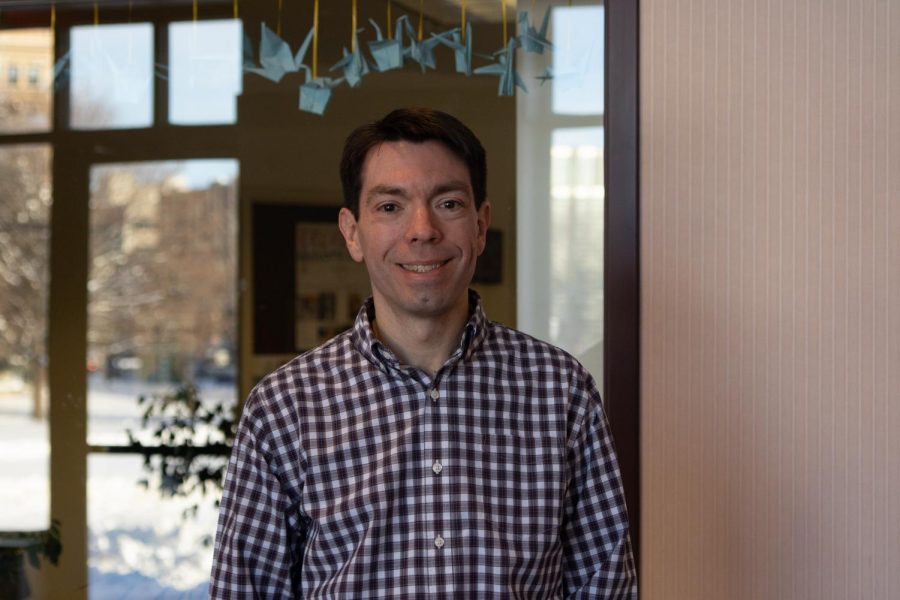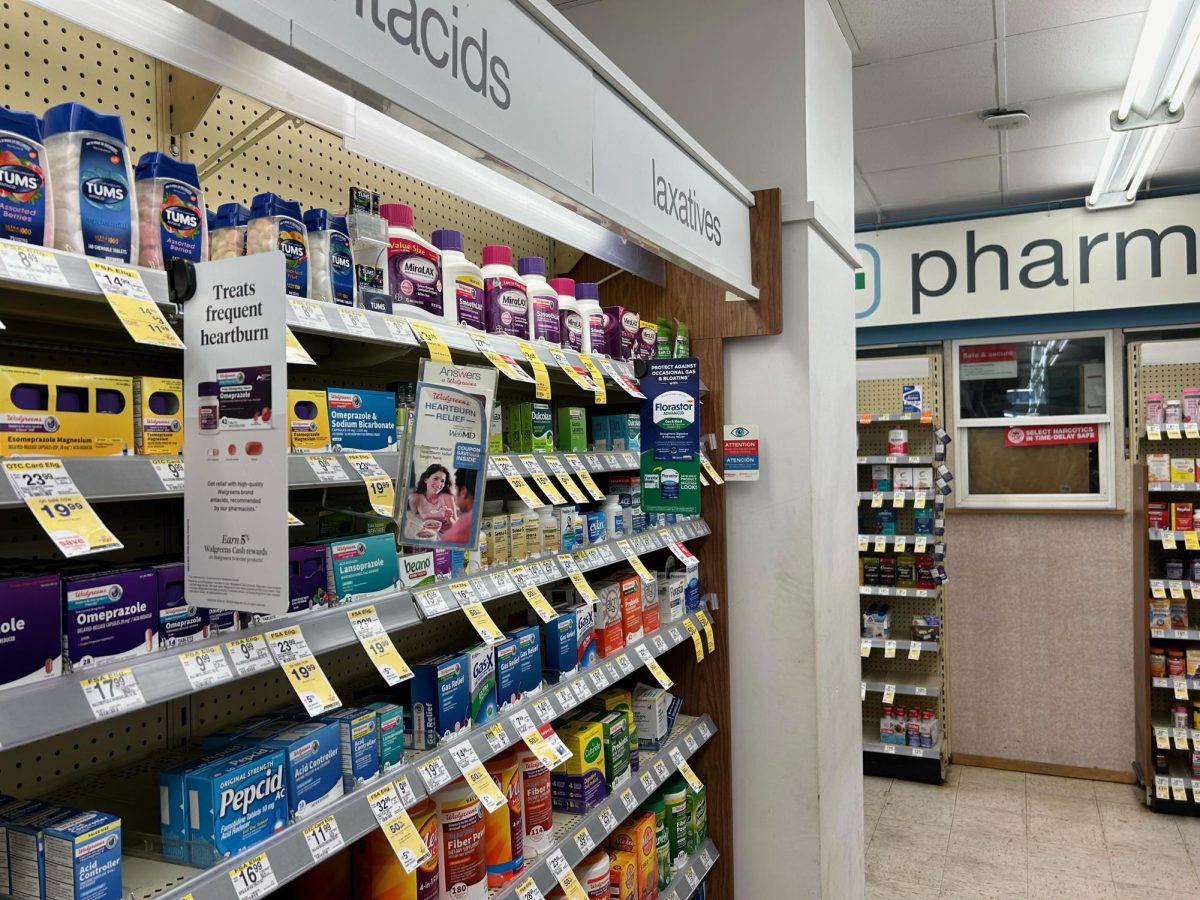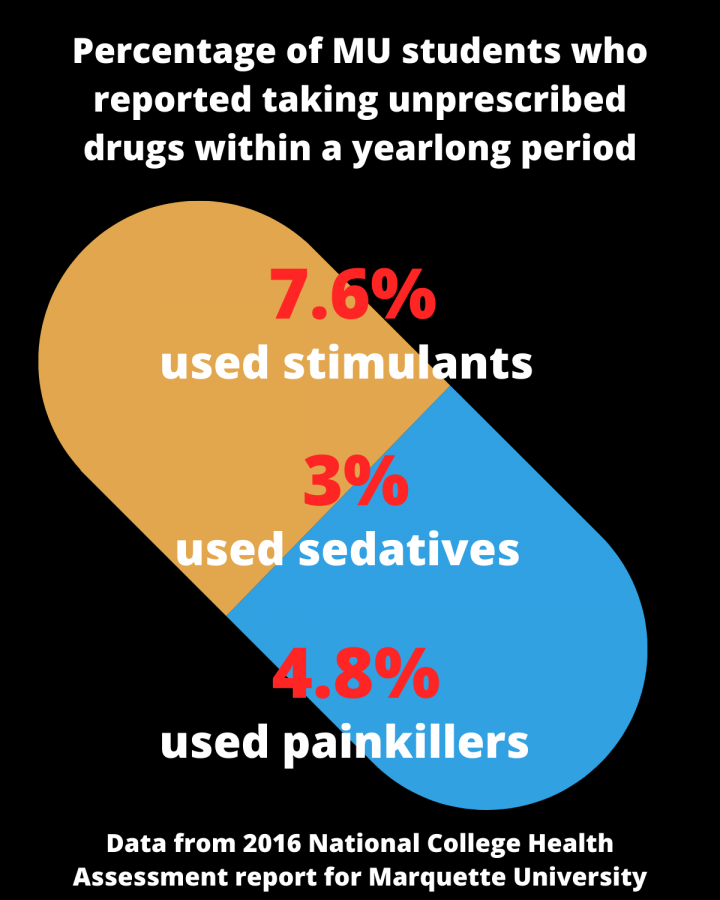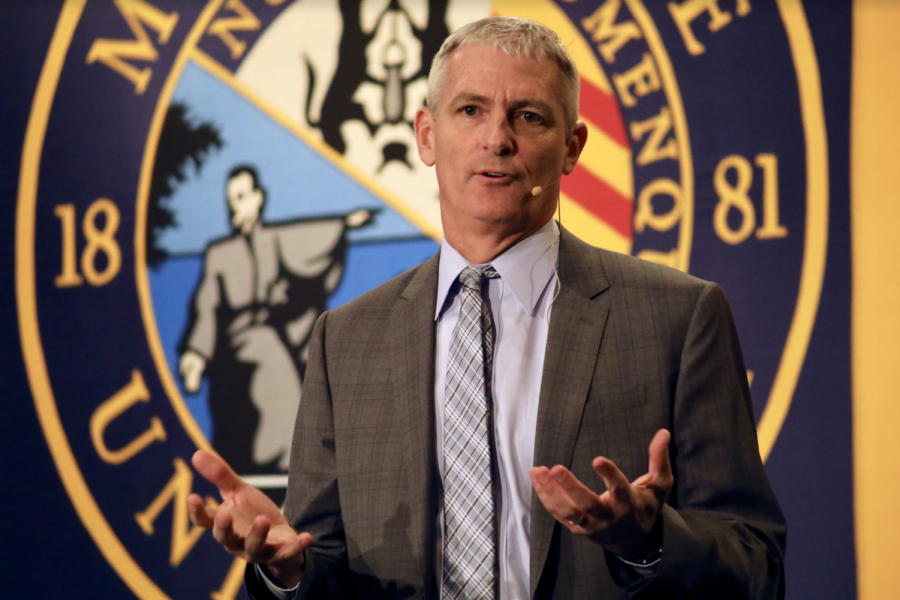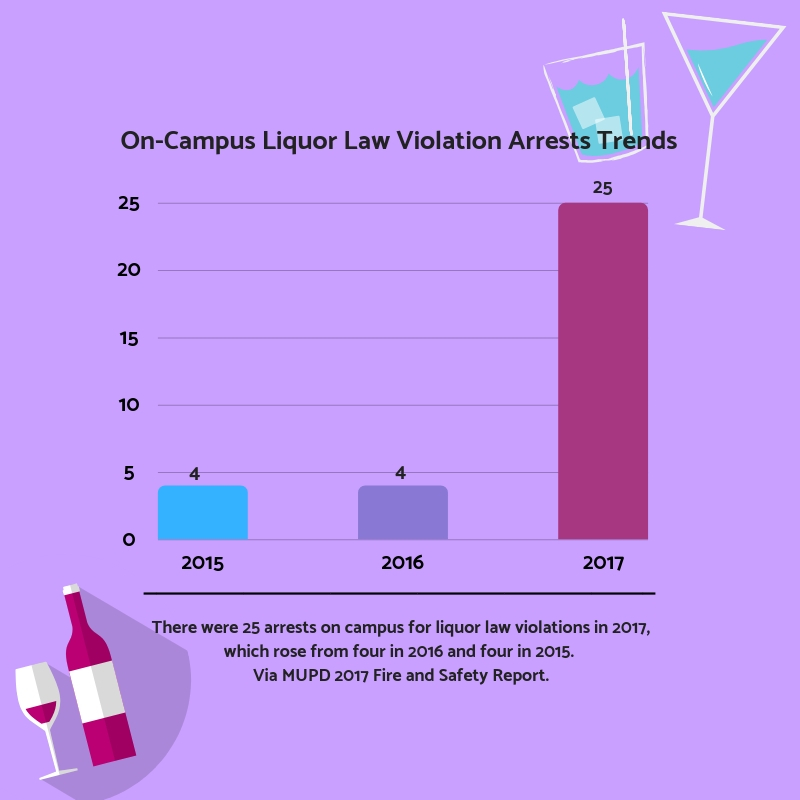Marquette University’s driving mission is “cura personalis,” which translates from Latin to be: “care for the whole person”, but this mission stops at providing adequate and accessible health resources to students on and off campus. Specifically, Marquette University must provide health resources, even if those resources are not confined to the merits of Catholic tradition.
Religion and science have always held a deeply tumultuous relationship, but this becomes even more complicated when health is brought into the discussion. The understanding between topics, such as sexual health and drug use, are often debated in the context of religion. Despite the debate, health resources that are designed to protect individuals and have proved to be life-saving must be provided to students, even if it does not align with Catholic tradition.
At Marquette, there must be a separation between church and health.
Marquette is home to 7,660 undergraduate students, all of whom are subject to the stressors of academic challenges and new living environments, as well as various physical health concerns, from sexually transmitted infections to the regular common cold. At one point in a student’s college career, they will likely seek out Marquette’s aid to help manage their health. The Marquette Medical Clinic must reassess its current health services and create new aid to assist in life-altering health decisions.
Marquette limits health resources due to its commitment to the Catholic tradition which advises against birth control, such as the pill, IUD, and condoms, as well as drug use.
Currently, the Marquette Medical Clinic does not provide birth control to students. Instead, medical providers engage in a conversation dictated by Catholic tradition and refer students to continue this conversation with campus ministry for “extended conversations clarifications on sexuality and Catholic teaching”.
This is quite an irresponsible medical decision, as Marquette has been listed as number one for “least sexually healthy” universities in the United States.
Schools that make condoms accessible see increased sexual health overall as well as an increase in condom use, which helps to prevent the spread of sexually transmitted diseases and infections.
Another issue that religion is reluctant to cover is the use of drugs. Currently, our country is amid an opioid epidemic. Marquette must educate their students about the epidemic, as well as provide resources to students that could help save lives. One of the ways that Marquette could do this is to implement Narcan boxes around campus, as other Wisconsin schools have recently implemented. Narcan is a nasal opioid overdose reversal medication that has proven to have saved nearly 27,000 lives.
While no Marquette students have experienced opioid overdoses, this does not mean that implementing Narcan on campus would be a useless endeavor. Marquette’s zipcode, 53233, reported 70 fatal overdoses this year. “Cura personalis” expands far beyond the halls of Marquette, meaning Marquette’s mission must impact the surrounding community.
Providing these resources does not encourage sexual activity or drug use, but instead allows for education and the ability to create a healthier public. In some cases, not providing these resources could cost someone their life. While health topics such as sexual activity and drug use are still considered taboo, actively choosing to ignore these issues is irresponsible and ill-informed medical advice.
Over 94% of college students are sexually active and 39% regularly use drugs or abuse alcohol. By not acknowledging the reality of student life and not providing resources to students, it threatens the health and well-being of students. It does not have to be this way — Marquette should choose to provide medical services without the constrictions of Catholicism.
Marquette must recognize and uphold that Jesuit tradition cares for the entire person and that means providing them with health services, regardless of their religious affiliation.
This story was written by Laura Niezgoda. She can be reached at laura.niezgoda@marquette.edu.



